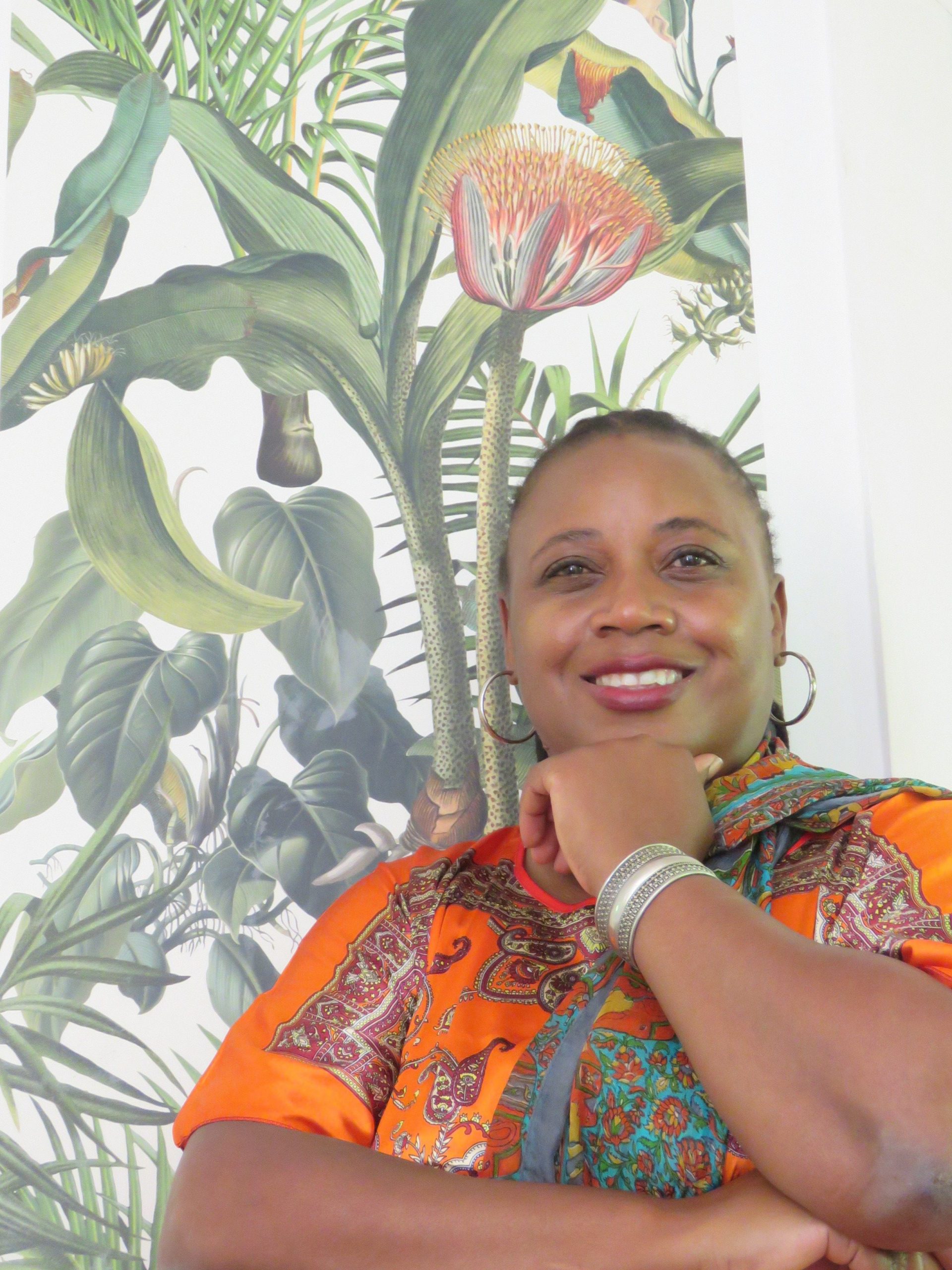Article and Images Philip Weiss (environmental author, producer and education consultant)
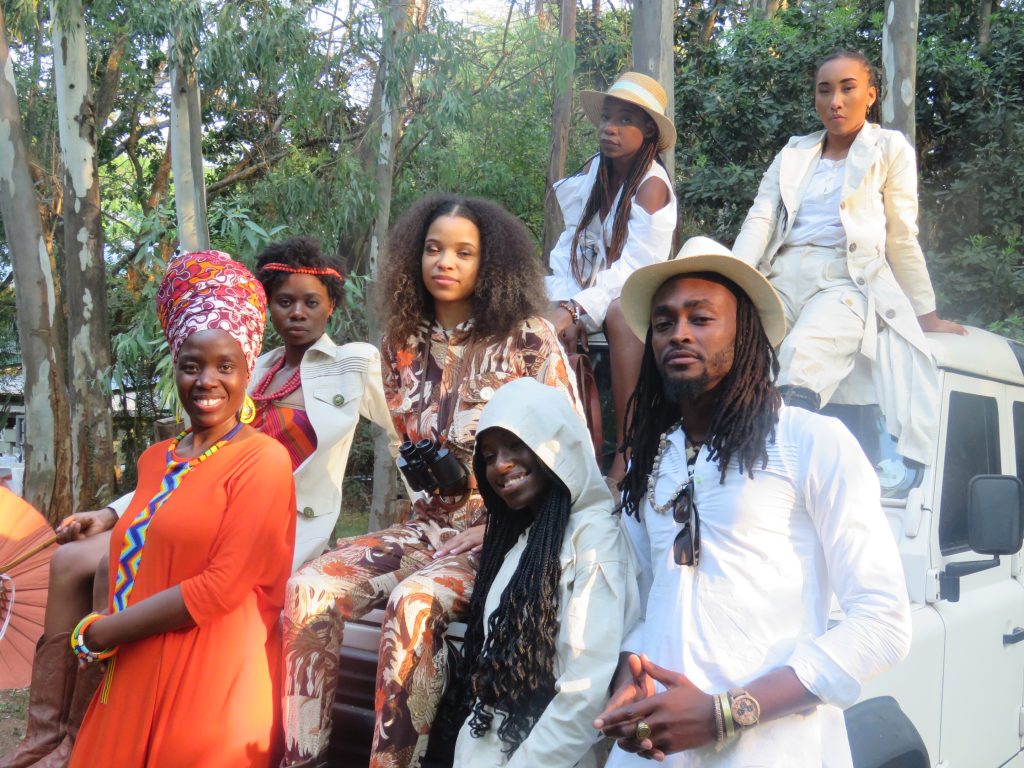
Africa has become a huge dumping ground for second-hand clothes from Western countries. Such fabrics containing artificial fibres eventually end up in landfill. Mutare brings in bales of clothes from Mozambique for a small cost. These second-hand clothing imports disintegrate over time and microfibres enter the water systems. Protecting local wetlands (or dambos), protects the water supply to farms and homes and ensures the water table remains at a good level for trees and crops. Pollutants from microfibres in landfills end up as microscopic plastic or nylon particles in the food chain.
The other parallel problem is that such cheap clothes have undermined the local textile industries and retail outlets. Harare and Chitungwiza, for example, once the textile-producing capital in the region are now full of storage warehouses, not factories.
Time Out for Women Zimbabwe (www.tofwzimbabwe.com) A well-crafted event in Mutare seeks to address Women’s mental health and general ways of dealing with family stress, anxiety and trauma. One of the highlights was a safari recycled fashion show. The idea was to think through clothing pollution caused by waste and improve how they are used. The founder of TOFW Zimbabwe, Masilina Mugadza, came up with a wealth of ideas including exotic buttons and passed-over fabrics. She collaborated with local designer Albert Jeyacheya to cut and make the outfits. Jeycheya studied at Mutare Poly Fashion and Design and now has a fully registered company to help create the clothes.
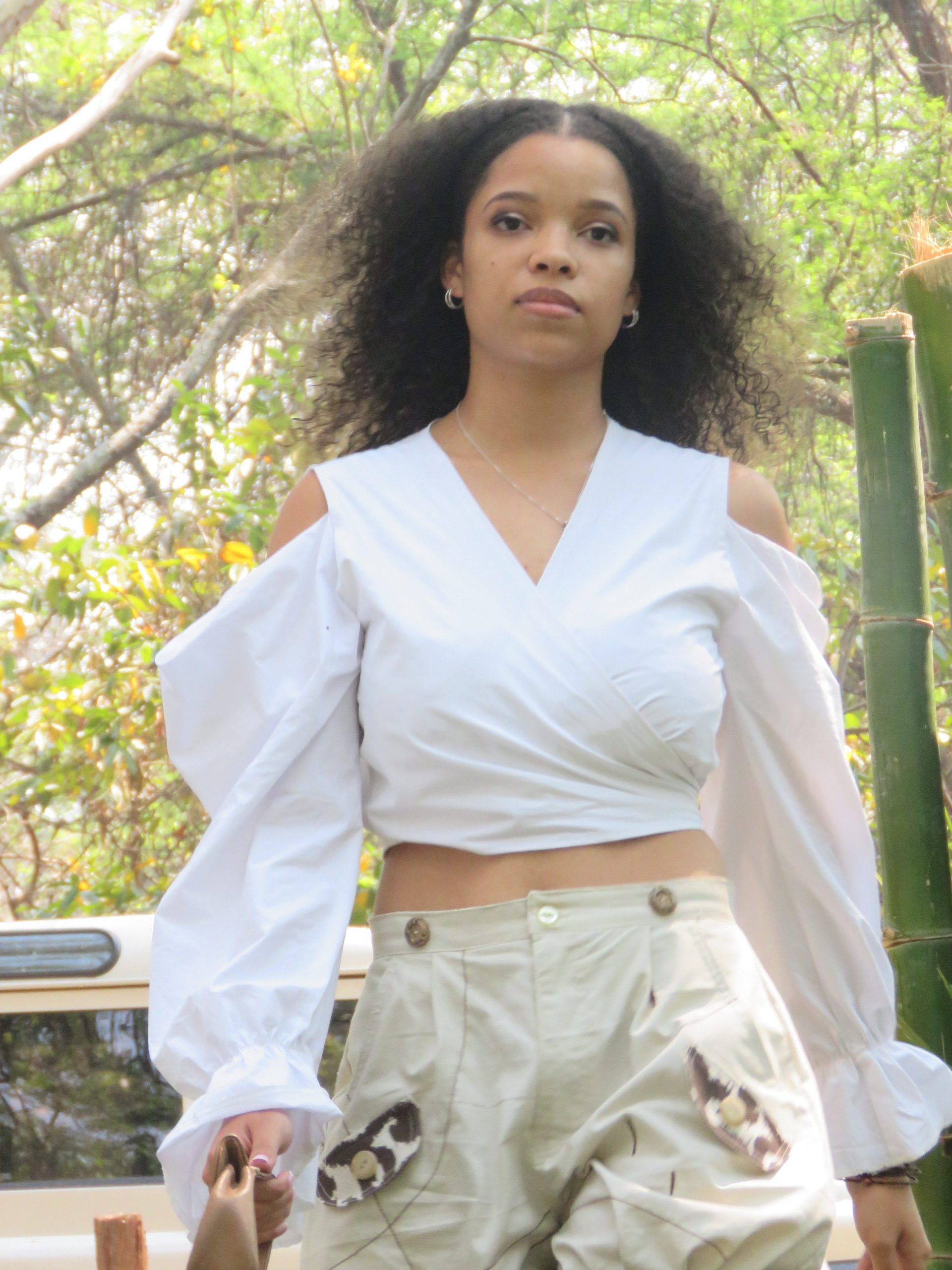
Masilina Mugadza hosted the mental health luncheon and directed the recycled fashion show through her imaginative conversion of discarded old curtains, curtain rings, and used pillow cases, and cutoffs into more than acceptable dazzling clothes for everyday safari wear. Jeyacheya’s final creations wowed the audience The forest proved a beautiful location for a modelling platform and walkway. “I wanted people to see the creativity of recycling and regeneration.
Hopefully it helps to inspire a regenerated mindset”, said Masilina.
The general idea of TOFWZ was to help reduce the stress on personal budgets in seeking new outfits and to think about how to use existing resources wisely. At the centre of the day was the idea that women are the mainstay of the family, and that they are a gift to themselves and their communities. They can choose to give strength to each other in dealing with the stresses of everyday life be it getting food on the table, dealing with children and school fees, coping with problems within the marriage, or finding supplementary incomes. Women are entrepreneurs, cooks, homekeepers, nurses to sick relatives or children, and educators, in fact, they perform multiple roles. As an exemplar of entrepreneurial skills established property developer Sue Peters (now in her seventies) gave a talk to the assembled crowd of women on just how to get into business.
A recorded neuroscience talk was played by Dr. Maraire – a leading Neurosurgeon in Harare. She emphasised nutrition and fitness to enhance neurotransmitters of the brain. TOFWZ presented a hugely varied day. TOFWZ supported the younger generation to show off their confidence and courage by parading the clothes in front of the women gathered for lunch. Part of the proceeds went to Island Hospice who actively supported the event. The models hugged trees as they sashayed along a natural carpet of green grass and among towering eucalyptus trees.
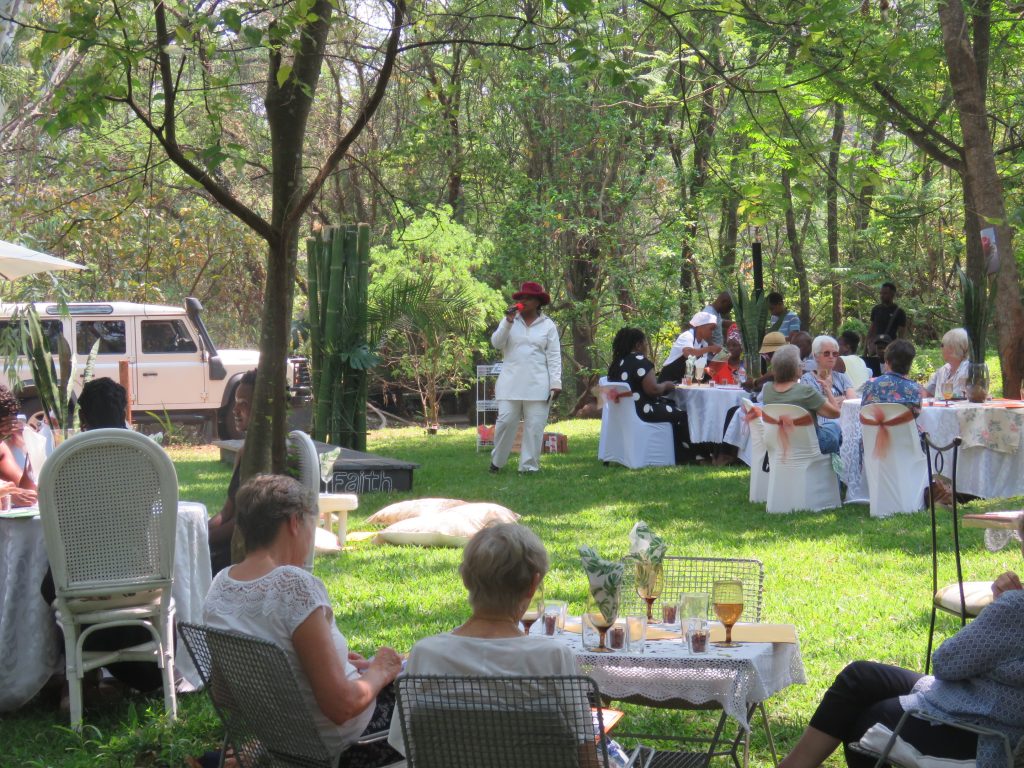
The day was delightfully supported by the wonderful international musician Dudu Manhenga based in Harare. Her soaring harmonies filled the forested canopy. Significantly she also was frank and outspoken about her own mental stress points as an international musician, mother, and pastoral functions.
The women were led through various deeply reflective mental exercises involving team cooperation which included looking at the beneficial community behaviour of animals. They included African hunting dogs, who hunt in packs. Fearless lionesses that hunt for prey through cooperation. Dudu then supported by a dancer took the ladies through their dance paces with Iko-Iko a work first composed in 1953. The forest was alive with sound and movement. TOFWZ also presented a folder to each woman of mental awareness activities on which to reflect personally on stress-related issues of wellbeing.
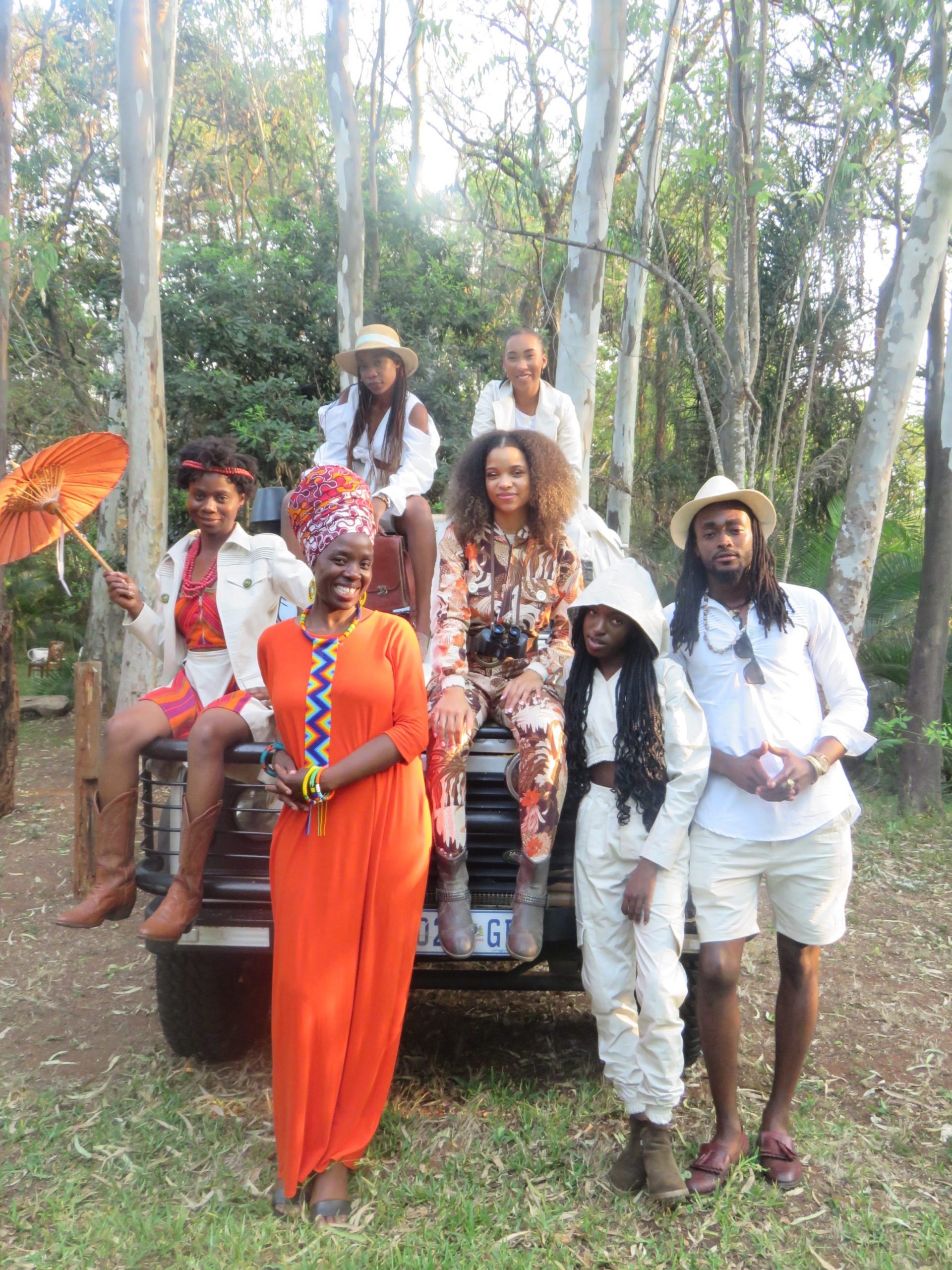
Cecil Kop
As a new member of WEZ(Manicaland), I note that the TOFWZ venue is situated at the base of the the mountain range that forms part of Cecil Kop Nature Reserve. Cecil Kop has been well protected in contrast to many of the other hills surrounding Mutare. Sadly the latter, of necessity, have experienced massive deforestation, and poaching since independence. Increasing demands for energy mean illegal wood cutting is starting to encroach on the reserve.
In fact, a very small volunteer team from WEZ Manicaland (Wildlife Education Zimbabwe) are facing a real challenge to restock and protect what was once and still is a unique small urban game reserve. The 1500-hectare reserve is just 2 km from the city centre and several schools. Apart from game, there is a rich ecosystem of forest and savannah including the Msasa forest. Educational activity needs to be revived alongside new woodland trails. This would encourage guided walks and visitors. The mental benefits from walking and engaging local women in such activity is a universally acknowledged bonus to individuals and communities.
The venue for TOFWZ was Jacobs Ladder ( www.jacobsladder.info), a small retreat used to support such events with a spiritual and/or empowerment objective. However visitors to Mutare booking in advance can also stay at what is a really a very small bijoux escape in the forest.
Contact: 0786115482
